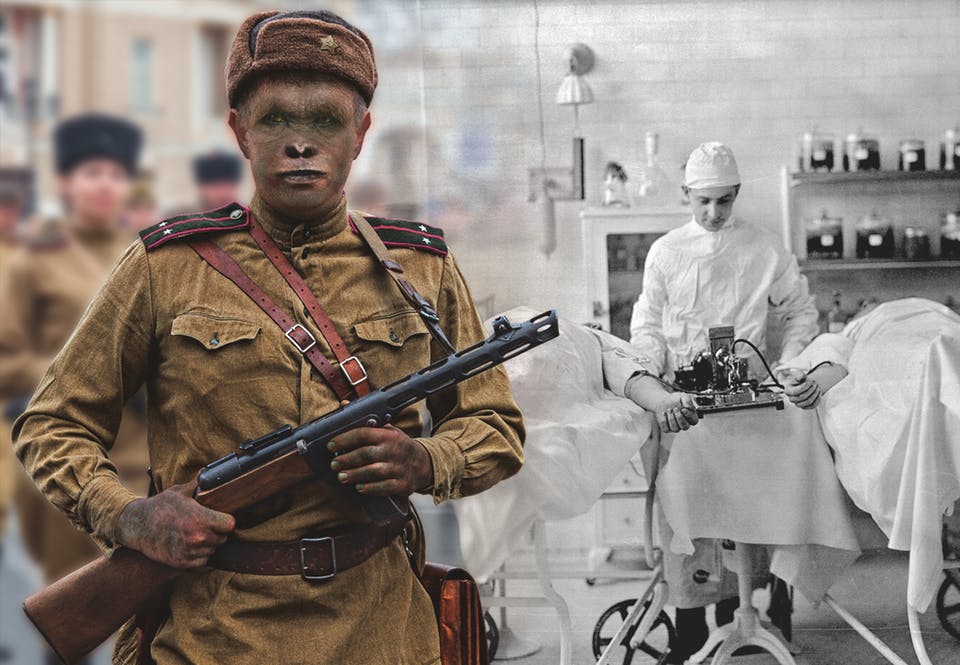Järjestön mukaan tämän vuoden aikana 443 ihmistä on kuollut Välimerta ylittäessään. Viime vuonna samaan aikaan vastaava luku oli 620. ”
Ainoa sinne päinkään oleva The Guardianin juttu koskaan on alla oleva, parin päivän takaa. Siinä EI puhuta mistään tapporahoista mitään.
When Matteo Salvini last visited the Italian coastal town of Pesaro for a rally before regional elections in May 2015, he was pelted with eggs and tomatoes. Ester Principi, who was standing close to the stage on Piazza del Popolo, found herself in the line of fire. “They managed to splatter me, too,” she said.
Four years on, much has changed. This time Principi reclaimed her front-row position on the same square as she waited on a damp May morning for the man now affectionately called the “captain” by his loyal supporters.
“He wasn’t well-liked before, but many people here love him now,” she said. “He represents the people, and defends us.”
A fortnight before European elections that have been cast as a battle for the continent’s soul between a pro-European mainstream and resurgent far-right, populist and EU-critical parties, including Salvini’s League, the powerful Italian interior minister had taken his campaign to the central Marche region, a resolutely leftwing stronghold since the end of the second world war.
He found an eager audience. Principi’s friend, Antonio Alfieri, a recent defector from the Democratic party, which was removed from power last June by Salvini’s far-right League and the anti-establishment Five Star Movement (M5S), said the centre-left party “no longer considers Italians. They have moved too far away from the people.”
Salvini kept the crowd of several hundred in Pesaro, birthplace of the great composer Rossini, waiting in the rain before leaping onto the stage, clad in a blue, zipped sweatshirt with “Italia” written across it and Nessun Dorma, the powerful Puccini aria that regularly features at his rallies, playing in the background.
Promising to reopen hospitals, crack down on drug dealers and prioritise Italians over immigrants for social housing and other benefits if the League ousted the left after communal elections also due on the same day, he pledged to defend the region’s agricultural workers and fishermen, “who have been massacred by European regulations”.
There were pockets of resistance. A group of around 15 interrupted the speech, shouting: “We hate the League! Fascist! Liar!” Rosanna Ardone, a staunch leftwing voter, said she loathed Italy’s most powerful politician. “He does all these selfies to give the impression that he is loved, but in reality he is a fake,” she said
The main problem for Salvini dissidents, though, is that they feel they no longer have a party to turn to, whether locally or at the European level. The Democratic party is not “the real left”, they say, and M5S too ambivalent. “When fascists rise, it’s because the left is weak,” said Alessandro Admiri, one of the protesters.
Many, though, had plainly decided to take the plunge. Aravena Vollí, another Democratic party defector, said she had not wanted to switch parties, but the left had simply “failed to provide essentials, such as jobs. They don’t help the weaker people or ordinary workers – they help bankers and stronger classes.”
An ebullient Salvini mocked his protesters and defended the League from accusations of racism and fascism: “If the left is resorting to fascism when there is no fascism, and racism when there is no racism, then they are finished,” he said. “We are only fighting for Italians who are proud to be Italian.”
It is a message that is being heard not just in Italy but across the continent. In a European election poll last week, the League held a commanding lead with 30.9%, compared with just 6.4% in the previous 2014 elections, with M5S on 24.9% and the centre-left Democratic party on 20.5%.
In Britain, an Opinium poll for today’s Observer, looking at European election voting intentions, puts Nigel Farage’s Brexit party on 34 points, 23 points ahead of the Tories and 13 ahead of Labour.
Elsewhere in Europe, polls suggest EU-critical parties could become the second-largest force in the parliament, with up to 35% of its 751 seats. Representatives of three of them – Germany’s Alternative für Deutschland (AfD), the Danish People’s party and the nationalist Finns party – joined Salvini, who is also Italy’s deputy prime minister, on stage in Milan last month to launch the European Alliance for People and Nations, an alliance of nation-first, anti-immigration parties that also includes Marine Le Pen’s National Rally (RN) from France and up to five others.
… ”
Miten kauan tämä tällainen voi jatkua? Konkurssiin asti (jota joudutaan ehkä odottamaan vuosia)???


